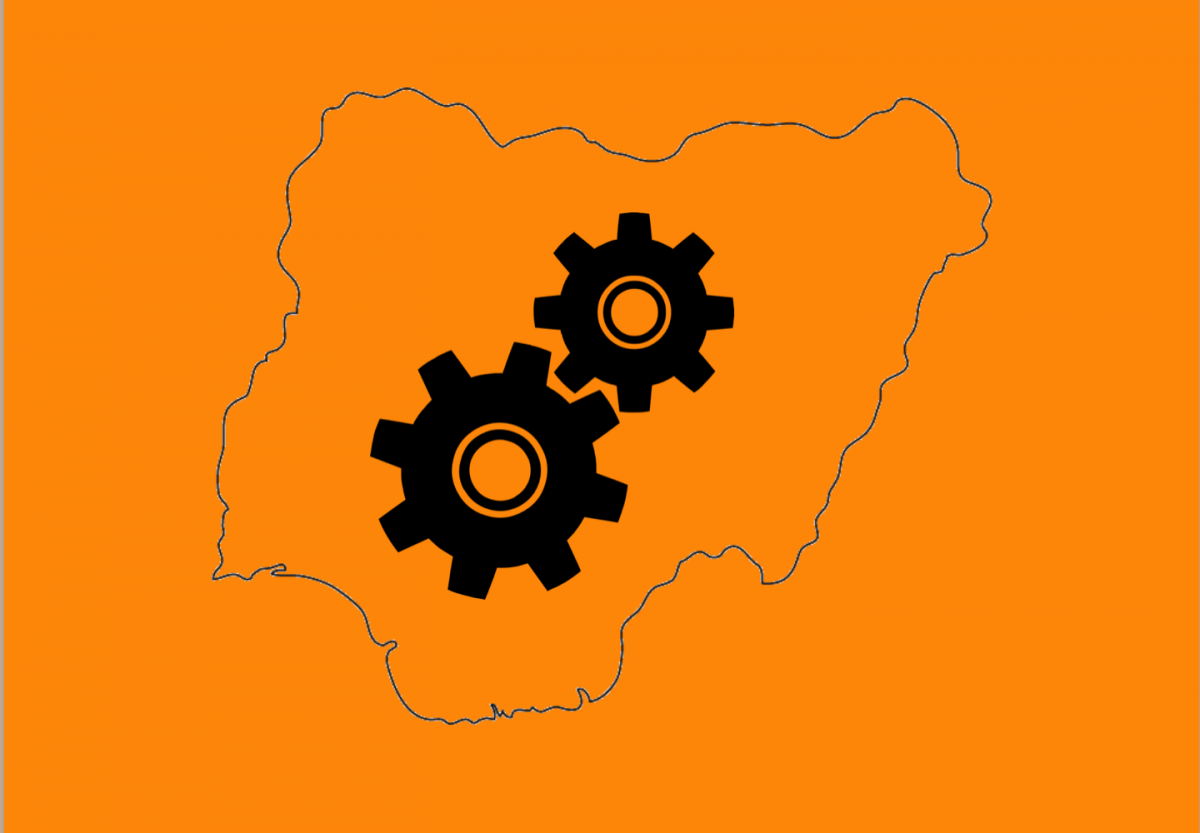With our focus on building a productive economy, we took a look at how the 2016 Nigeria Budget aligns with the makers and manufacturers in our society.
The core of the budget was focused on setting Nigeria on a path of sustainable growth by fighting corruption, boosting national security, diversifying the economy & creating jobs.
We picked out several points that we thought will be be advantageous to manufacturers and makers in Nigeria.
- “…committed to economic diversification through import substitution and export promotion”. If the government executes this strategy properly, it could be very good for domestic manufacturers who produce goods that compete with foreign products. Also, if export promotion focuses on finished goods and not just raw materials, this will give a much needed boost in industry. Learn about the legal requirements for exporting finished goods out of Nigeria.
- “…this budget is the platform for putting more Nigerians to work. I can assure you that this administration will have a job creation focus in every aspect of the execution of this budget”. The manufacturing industry has proven to create a good amount of jobs that has led to significant development in several countries.
“Nigeria’s job creation drive will be private sector led. We will encourage this by a reduction in tax rates for smaller businesses as well as subsidized funding for priority sectors such as agriculture and solid minerals” – President Muhammadu Buhari
- “…subsidized funding for priority sectors such as agriculture and solid minerals” – These sectors will provide the raw materials needed by manufacturers to make new products. The success of these upstream sectors will contribute to the success of the manufacturing industry.
- “…partner with State and Local Governments to provide financial training and loans to market women, traders and artisans, through their cooperative societies” – Although we focus on manufacturing, we can’t forget the market women and traders. They are the ones that distribute the finished products to the consumers. The more successful they are at selling locally-produced goods, the more successful our domestic producers will be. Also, the artisans/craftspeople/makers & small scale producers that make unique products need all the support they can get to contribute to this productive economy.
- “We will invest in training our youths, through the revival of our technical and vocational institutions, to ensure they are competent enough to seize the opportunities that will arise from this economic revival”. One of the resonating issues that we have heard from manufacturers in Nigeria is the lack of skilled/qualified workers. Proper training facilities for the youth to get hands-on experience will be very crucial.
- “We as a Government cannot do it alone. We will require the support of all civil servants, the organized labour, industry groups, the press and of course, our religious and traditional institutions. This is a call for all of us to stand and serve our country”. Yes, let’s not forget, the government can’t do it on their own. Don’t sit back and wait for things to happen. Find your own way to contribute to the success of the industry and the country.
One thing to consider
Ban on importation and foreign exchange limitations could have a short-term adverse effect on manufacturers that rely on imported raw material or imported machinery for their production line.
Will the ban on importation adversely affect manufacturers that rely on importation to produce or will it force manufacturers to look for local substitutes?
What do you think about the budget? Let us know in the comments below.

